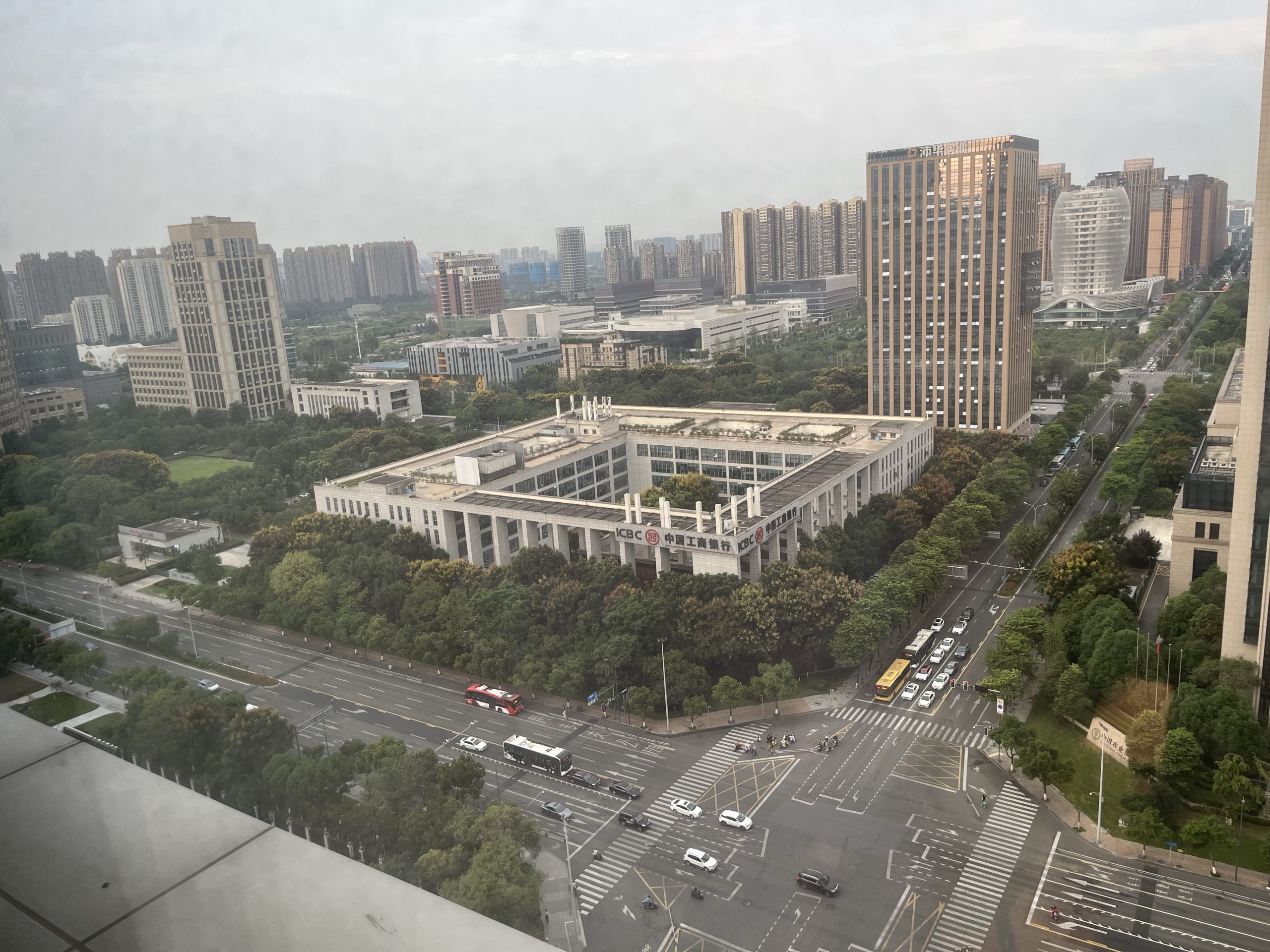央行近期持续发声表示要“择机”降准降息,这一表述背后实则蕴含着复杂的考量。从表面上看,面对市场对于降准降息的呼声,央行似乎并不急于采取行动。
在汇率层面,当前存在一种看似矛盾的情形。在贸易摩擦背景下,美国指责中国故意低估人民币汇率,主张人民币应升值;然而,若我国实施降息,人民币汇率又将承受巨大的贬值压力。究其缘由,最初的一种假设是,从贸易部门视角出发,人民币存在升值需求,而非贸易部门认为人民币应贬值,这或许是造成上述矛盾现象的原因。但即便这一假设成立,也并不能直接阐释央行为何不急于此刻降准降息。
更为关键的是,人民币与美元国债利率差过大这一因素。这一利差导致贸易部门外汇回流难度显著提升,同时国内资本外流倾向不断升高,这很可能是央行审慎决策的另一个重要原因,且诸多证据能够对此予以佐证。
当政府在决策过程中,面临着两大核心问题。其一,人民币(包括美元储备)留存于海外,能否为国内带来益处?以日本为例,在广场协议之后,日资纷纷选择出海。尽管日本的GDP增长陷入停滞,但GNP却一直保持增长态势。其二,倘若期望人民币回流,促使资本重新投资国内,进而拉动经济发展,究竟应采取何种举措?
基于上述假设,若美联储在降息之前,即中美国债利差尚未缩减之前,央行实施降息的可能性微乎其微。当前,美联储因贸易战引发的对内通胀担忧加剧,其态度依然强硬。只有当美国经济数据,诸如CPI、就业数据等明显回落,美联储开启政策转向或落实降息之后,中国人民银行才具备降息的空间。
此外,还存在着另一种潜在可能性。假如国内资产价格压力居高不下,同时就业、CPI等数据表现欠佳,这也将迫使央行采取降息措施。然而,就目前情况而言,虽然数据不尽如人意,但仍处于可接受范围,因此这种情况暂时并不成立。
市场上也有观点认为,当前货币政策或许已然陷入流动性陷阱。降息所带来的流动性难以切实惠及实体经济,或者其边际效应极为有限。更为甚者,降息所释放的流动性仅会促使资本外流,这或许正是央行反复强调“择机”降准降息的缘由所在。
鉴于上述种种情况,央行显然期望其他部门能够更多地发挥积极作用,尤其是财政部门。近年来,财政收入持续紧张,地方专项债主要应用于固定资产投资,而超长期国债用于消费的占比目前仍相对较少(不仅数量远远不足,且需满足诸多前置条件)。此外,若过多的财政支出投向投资领域,将对民间投资产生挤出效应,财政的掣肘因素众多。但无论怎样,提高赤字上限、增加消费补贴等措施均具有积极意义。并且,对于房产收储、保障房建设以及政府应付账款支付等方面,若将资金投向市场,能够有效注入流动性,进而带来正面效应。
基于以上分析,未来市场关注的重点主要集中在以下三个方面:
- 美国核心数据,诸如CPI、就业数据等,将如何影响市场对美联储降息的预期;
- 国内各部门,特别是财政部门对于消费的补贴是否存在超出市场预期的情况;
- 中国国内的经济数据是否会超预期回落。
从资本市场角度来看,唯有广义消费板块的收入和盈利率先实现增长,才能够带动金融板块之外的其他板块(新经济消费板块除外)。新经济消费有望引领传统消费(消费与科技相融合),实现率先发展。
基于上述研究和判断,后续的投资配置建议如下:重点布局新经济消费、科技领域,同时兼顾传统消费与红利板块。
Title: Considerations Behind the PBOC’s “Timing” of RRR and Interest Rate Cuts and Emerging Market Opportunities
Recently, the People’s Bank of China (PBOC) has repeatedly stated that it will “choose the right time” to cut the reserve requirement ratio (RRR) and interest rates. Behind this phrasing lie complex considerations. On the surface, facing market calls for easing, the PBOC seems in no rush to take action.
At the exchange rate level, there is a seemingly paradoxical situation. Against the backdrop of trade frictions, the United States accuses China of deliberately undervaluing the RMB and argues for RMB appreciation. However, if China cuts interest rates, the RMB would come under significant depreciation pressure. One initial hypothesis is that, from the perspective of the trade sector, there is a demand for RMB appreciation, but non-trade sectors don’t support such an appreciation, which may explain the contradictory phenomena. Yet even if this hypothesis holds, it does not fully explain why the PBOC is hesitant to cut RRR and interest rates at this moment.
A more critical factor is the large interest rate spread between RMB and U.S. Treasuries. This wide spread significantly hampers the repatriation of foreign exchange by the trade sector and increases the tendency of domestic capital outflow — another likely reason behind the PBOC’s cautious stance, supported by multiple pieces of evidence.
In the government’s decision-making process, two core questions arise:
First, can keeping RMB (including U.S. dollar reserves) overseas bring benefits to the domestic economy? Taking Japan as an example, after the Plaza Accord, Japanese capital flowed overseas. Although Japan’s GDP growth stagnated, its GNP continued to grow.
Second, if the goal is to encourage RMB to return and capital to reinvest domestically to stimulate economic growth, what measures should be taken?
Based on the above assumptions, it is highly unlikely that the PBOC would cut interest rates before the Federal Reserve begins easing — that is, before the spread between U.S. and Chinese bonds narrows. Currently, the Fed remains hawkish due to heightened domestic inflation concerns driven by the trade war. Only when U.S. economic data, such as CPI and employment figures, show a significant decline and the Fed initiates a policy shift or actual rate cuts, would the PBOC gain the space to ease its own policies.
There is also another potential scenario: if domestic asset prices remain under heavy pressure while employment and CPI data significantly worsen, the PBOC might be forced to cut rates. However, based on current conditions, although the data is not ideal, it remains within an acceptable range, making such a situation unlikely for now.
Some market views suggest that the current monetary policy may already be trapped in a liquidity trap: liquidity released through rate cuts fails to meaningfully reach the real economy, or its marginal effect is extremely limited. Worse, the liquidity might merely drive capital outflows — possibly the key reason why the PBOC keeps emphasizing that it will “choose the right time” to adjust RRR and rates.
Given all these factors, it is evident that the PBOC expects other departments, especially the fiscal authorities, to play a more active role. In recent years, fiscal revenues have remained tight. Local government special bonds have mainly been used for fixed-asset investments, while the proportion of ultra-long-term treasury bonds allocated to consumption remains relatively small (not only is the volume insufficient, but stringent preconditions must also be met). Furthermore, excessive fiscal spending in the investment sector could crowd out private investment. Despite numerous constraints on fiscal policy, measures such as raising the fiscal deficit cap and increasing consumer subsidies would have positive effects. Additionally, directing funds toward property acquisition, affordable housing construction, and payment of government arrears could inject effective liquidity into the market, yielding positive outcomes.
Based on the above analysis, future market focus will mainly concentrate on three aspects:
1. How key U.S. data, such as CPI and employment figures, will influence expectations for Fed rate cuts;
2. Whether domestic departments, particularly the fiscal side, will introduce consumer subsidies exceeding market expectations;
3. Whether China’s domestic economic data will decline more than expected.
From a capital market perspective, only when revenue and profits in the broader consumption sector recover first can sectors outside finance (excluding the new economy consumption sector) be lifted. New economy consumption is expected to lead the traditional consumption sector (through the fusion of consumption and technology) and achieve early development.
Based on the above research and judgment, the following investment strategy is recommended: prioritize new economy consumption and technology sectors, while also considering traditional consumption and dividend sectors.









